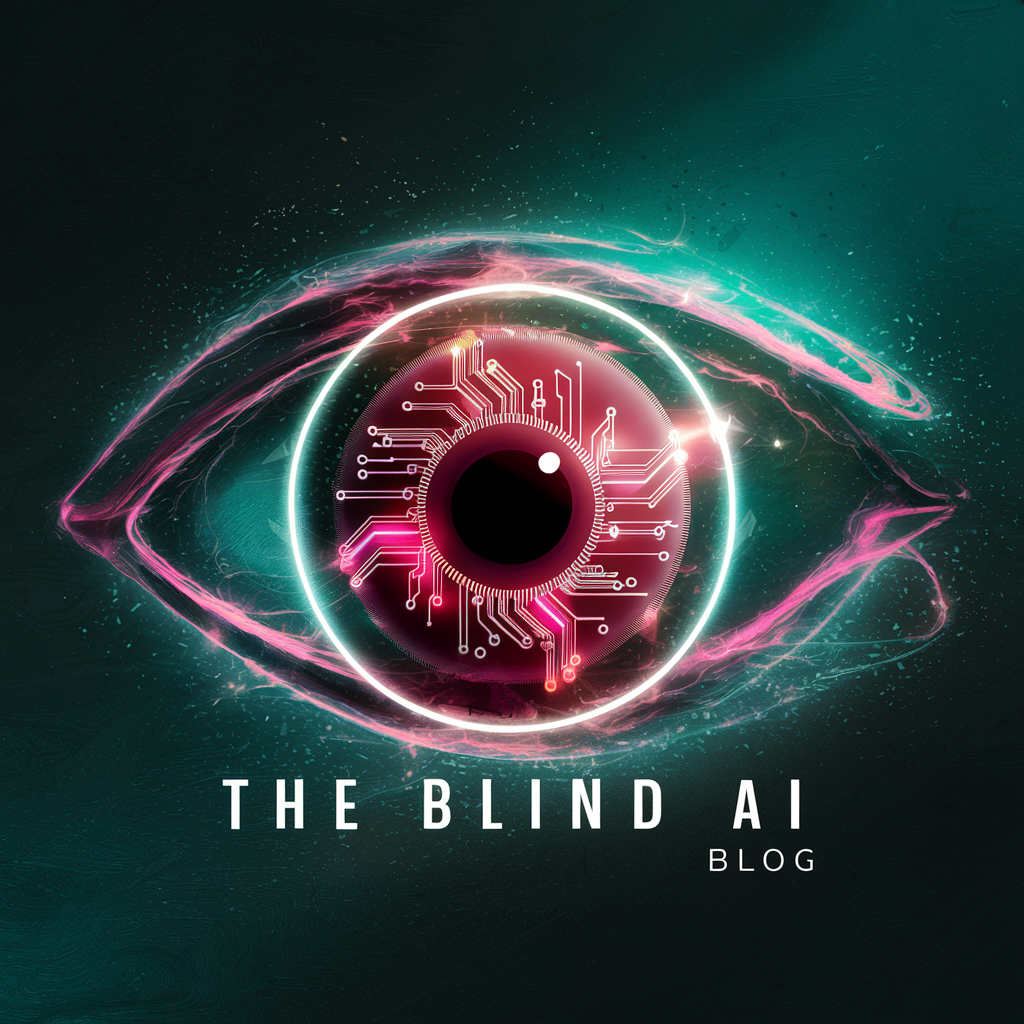As we stand on the brink of a new era in artificial intelligence, the introduction of AI entities like Devin, the world’s first AI software engineer developed by Cognition Labs, heralds a seismic shift in our interaction with technology and its role in our lives. Devin’s capabilities, surpassing predecessors like ChatGPT 4 and Claude 2, signify not just an evolution but a revolution in how software engineering and broader technological tasks are approached. This transformation has profound implications, potentially reshaping industries, employment, and even the very fabric of our daily lives. At its core, Devin represents a leap towards true AI autonomy in software development. Unlike previous models that assist with coding, Devin boasts the ability to take a project from inception to deployment, navigating through the myriad stages of development with minimal human intervention. This level of autonomy in problem-solving and task completion is unprecedented and marks a pivotal shift in the role of AI from assistant to actor within the technological sphere. The immediate impact of such an AI could be transformative for the software development industry. Project timelines could drastically shorten as AI takes on more of the coding, testing, and debugging work, potentially increasing the speed of innovation and the deployment of new technologies. For businesses, this means quicker adaptation to market changes and the ability to leverage new opportunities at an accelerated pace. However, the implications extend far beyond the software industry. As AI like Devin becomes more integrated into various sectors, the nature of work itself could change. Traditional roles may evolve or become obsolete, necessitating a shift in the workforce towards overseeing and collaborating with AI systems. This transition could demand a re-evaluation of education and training programs to equip future professionals with the skills needed to thrive in an AI-centric world. Looking further ahead, the potential for AI systems to contribute to open-source projects and engage in community-driven development initiatives could democratize technology creation. By lowering the barrier to entry for software development, we could see a surge in innovation, with more individuals and smaller organizations able to bring their ideas to life. Yet, with great power comes great responsibility. The rise of autonomous AI agents like Devin prompts essential ethical considerations. Issues of accountability, privacy, and the digital divide become increasingly pertinent as AI takes on more significant roles in decision-making and project execution. Ensuring that these technologies are developed and used in a manner that benefits society as a whole, without exacerbating existing inequalities, will be a critical challenge. In conclusion, the advent of AI software engineers heralds a new chapter in the story of human-technology interaction. As we navigate this uncharted territory, the potential for positive change is immense. However, it is incumbent upon us to approach this future with a mindful consideration of the broader implications, steering the development and application of AI in a direction that enhances our collective well-being and fosters a more inclusive, equitable world.
